Always set up your tent according to the manufacturer's instructions. It will become more sturdy and leak-proof as a result.
slumber bag
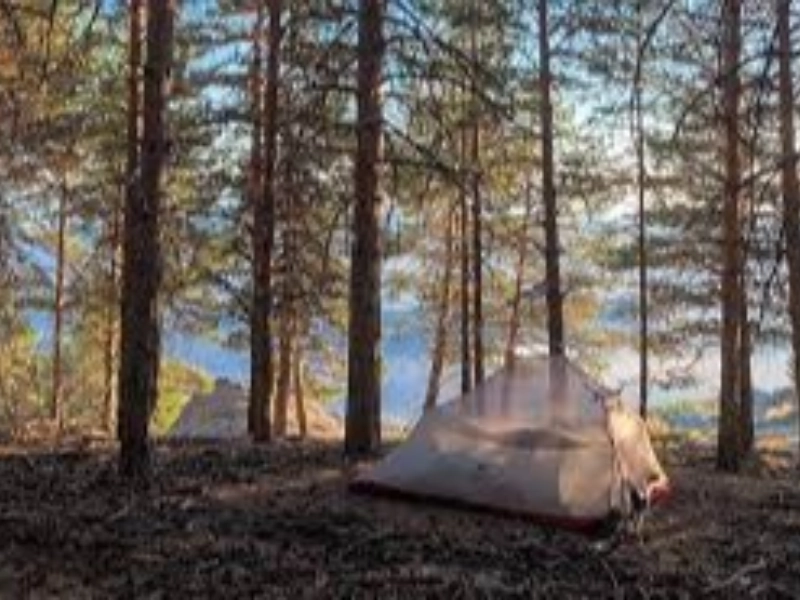
When camping, a decent sleeping bag is a necessity for a comfortable night's sleep. Pick one that is appropriate for the type of weather you expect.
In an attempt to keep chilly air out, some campers attempt to batten down the hatches and close their tent vents. But this can backfire by creating a condensation buildup inside your tent, which will leave you feeling chilly and wet when you wake up.
Try sharing your tent with a companion or pal. If you sleep in the same tent as someone else, you will generate a lot more body heat. To give your body the energy it needs to burn during the night, eat dinner before you go to bed. Steer clear of eating right before bed—it will just make you feel colder!
Pad for sleeping
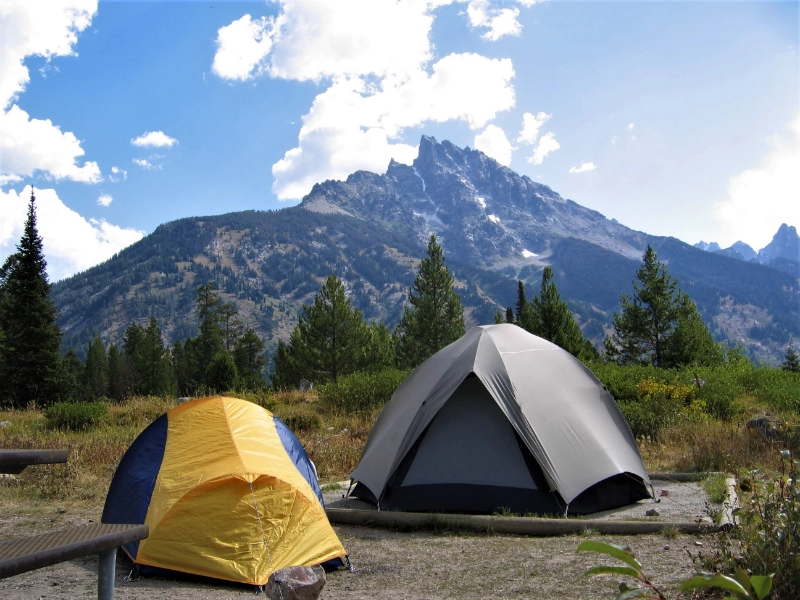
A fun and daring way to explore the outdoors is to go tent camping. However, the appropriate equipment and methods are needed to sleep properly in a tent.
Selecting the ideal sleeping pad is the first step. Ensure that the pad fits the tent properly and has enough room for you to rest flat without running into the edges. Consider a self-inflating mattress for increased comfort. Compared to conventional air mattresses, these mattresses are less prone to cold contractions during the night and are more resilient.
Adding a waterproof outdoor blanket to your camp mattress for added warmth and cosiness is another smart sleep tip. The blankets are the ideal complement to your sleeping arrangement because of their soft fleece top and water-resistant bottom. They are also simple to pack in your bag because they include a handy carrying case.
Cushion
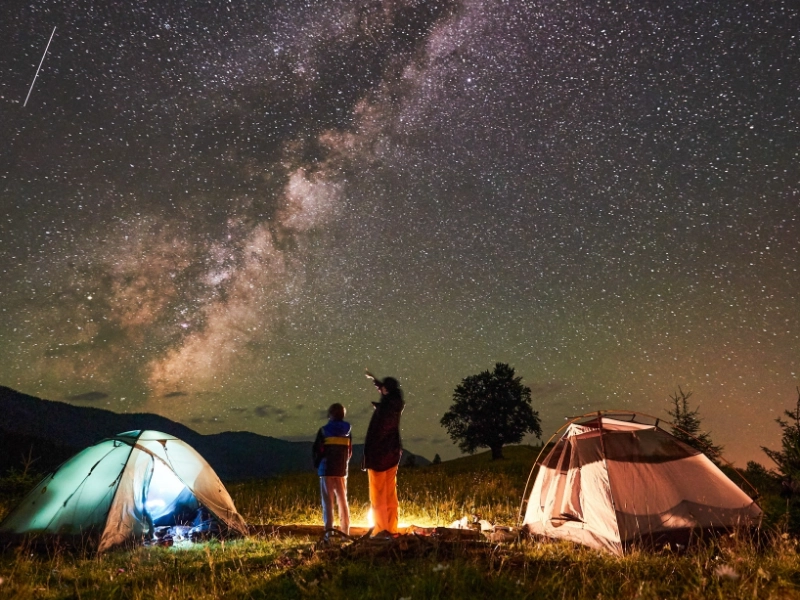
A sleeping pad popping or an uncomfortable tent—anyone who has gone camping long enough will most likely have a horror story to share. While these problems can occasionally not be avoided owing to the unpredictable nature of camping, you can guarantee a good night's sleep on your next trip by packing appropriately and setting up your sleeping area.
Before your camping trip, it's a good idea to experiment with your sleeping arrangements at home to make sure you have the ideal setup for your sleeping bag, mattress, and pillow. Seek out blow-up pillows with robust valves that won't burst or leak when used roughly.
Organise your tent's sleeping gear so that everything is accessible. This is especially crucial for essentials like an extra pair of socks, a multitool, and your headlamp.
Warm Apparel
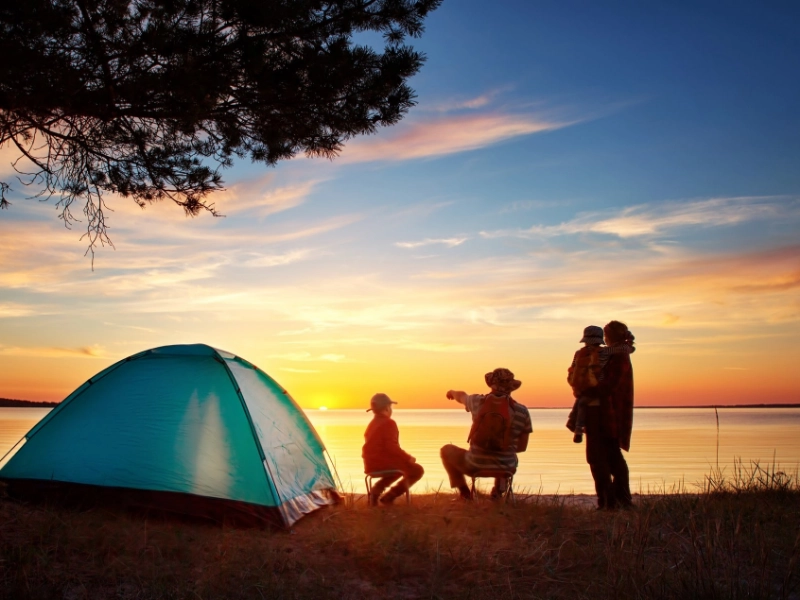
Wearing clothing in layers that you may take off or add as the temperature changes during the day is a smart option. Put on pants, a T-shirt, a light sweater, and a beanie first, along with clean knickers.
If you want to keep your sleeping bag dry and add an additional layer of warmth, think about packing a sleeping bag liner. Additionally, a blanket placed on the ground can act as insulation and a means of absorbing any dampness.
Since body heat keeps you warmer, share a tent with another person. Additionally, pack a hot water bottle, either full or a Nalgene heated over the campfire or with warm tap water. An additional excellent tool for warming your extremities are toe and hand warmers.
Remember to pack a sleeping mat or pillow for the tent floor as well as toilet paper if you plan on using the lavatory.
Food
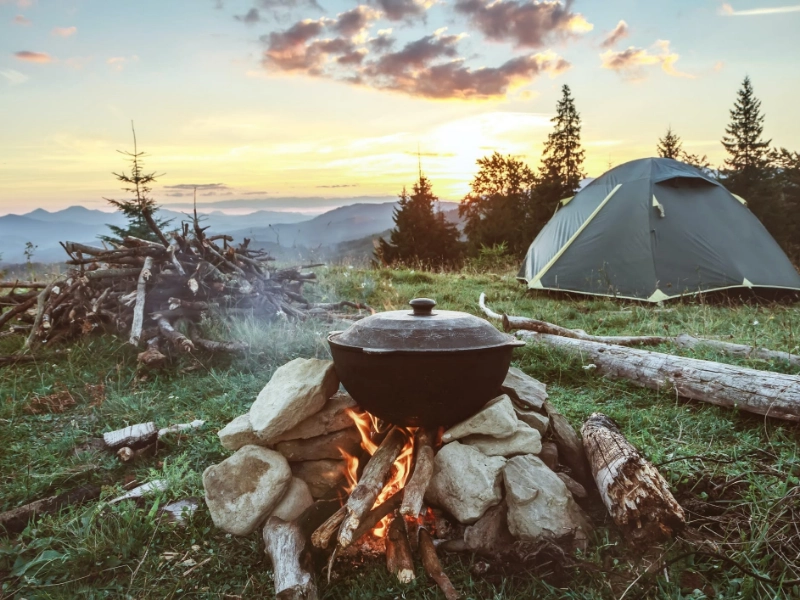
Being permanently housed in a tent puts one closer to the weather. This can be difficult and even uncomfortable for some people.
Ensure that your tent is properly vented and firmly erected. Additionally, make sure that the guy ropes and pegs are in good shape and that the awnings are not being harmed by water collecting or flapping in the wind.
It could be a good idea to include hand and toe warmers so you can stay warm in your sleeping bag. Warmth and comfort can also be added to frigid nights by sharing your tent with a significant other or family member.
Find out how to keep food in a tent effectively. This can help safeguard delicate wilderness regions and keep you secure from scavenging critters. Additionally, when you go camping, be sure to abide by the "Leave No Trace" guidelines.
Advertisement
Recommended Reading: What brings you joy when you camp?
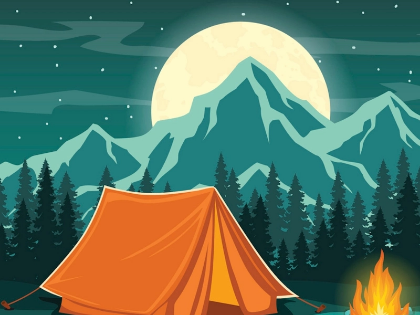



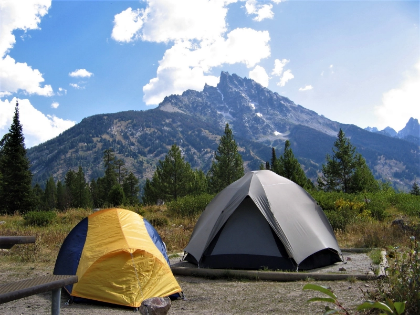
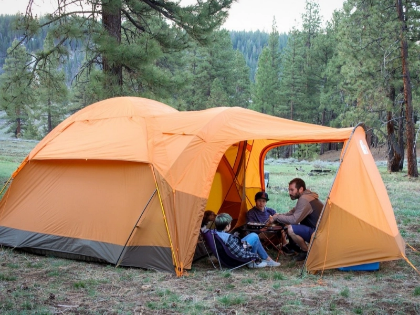
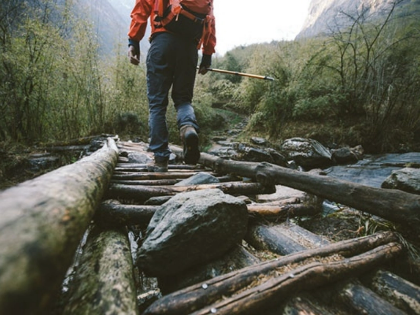
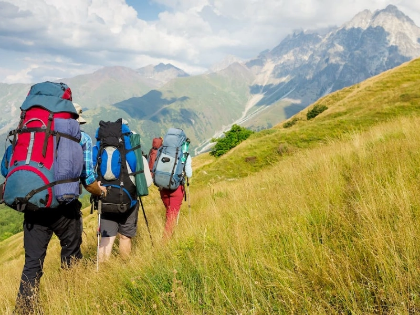




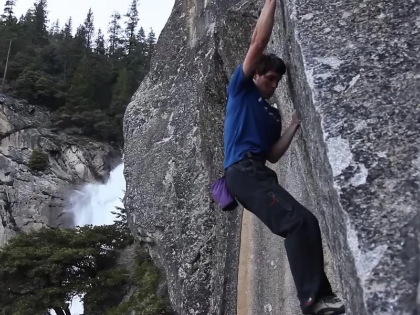
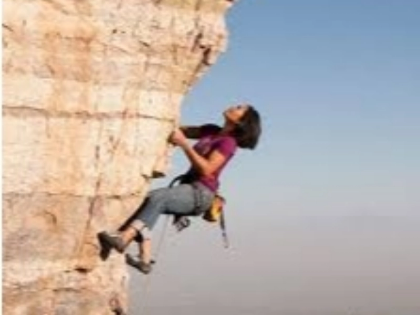

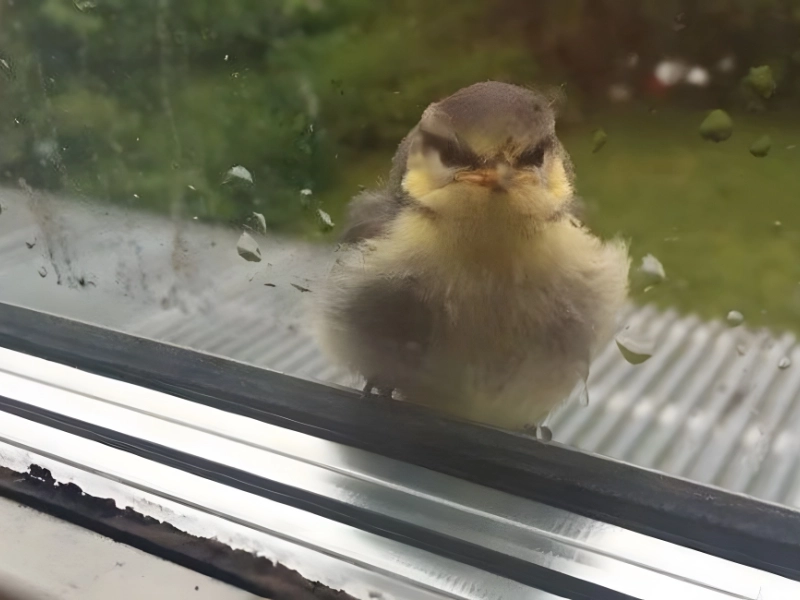

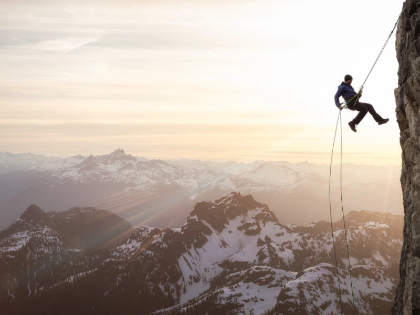
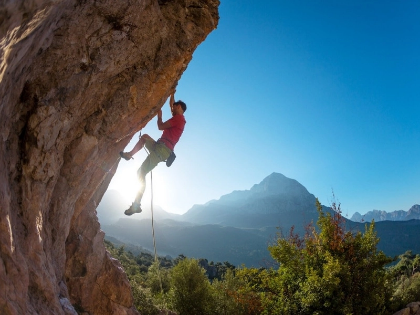
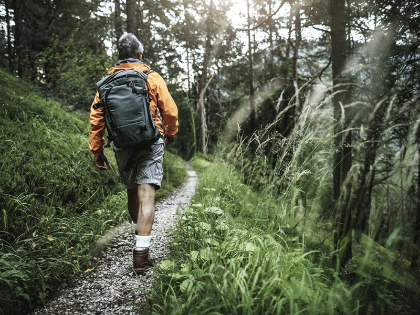
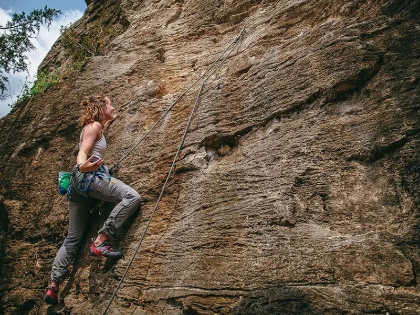
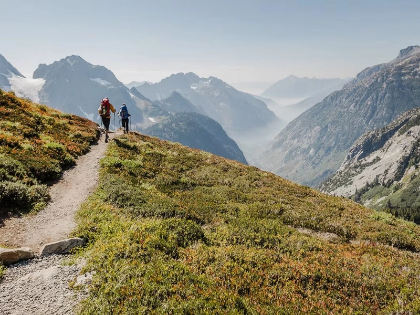

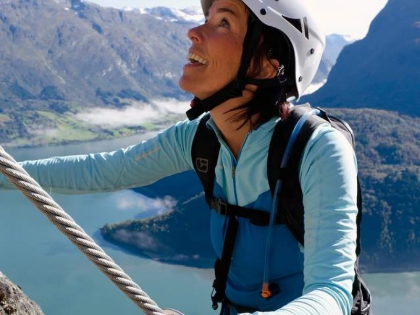
This could refine hiring rubrics.
Polite to future maintainers.
A polished minimal core.